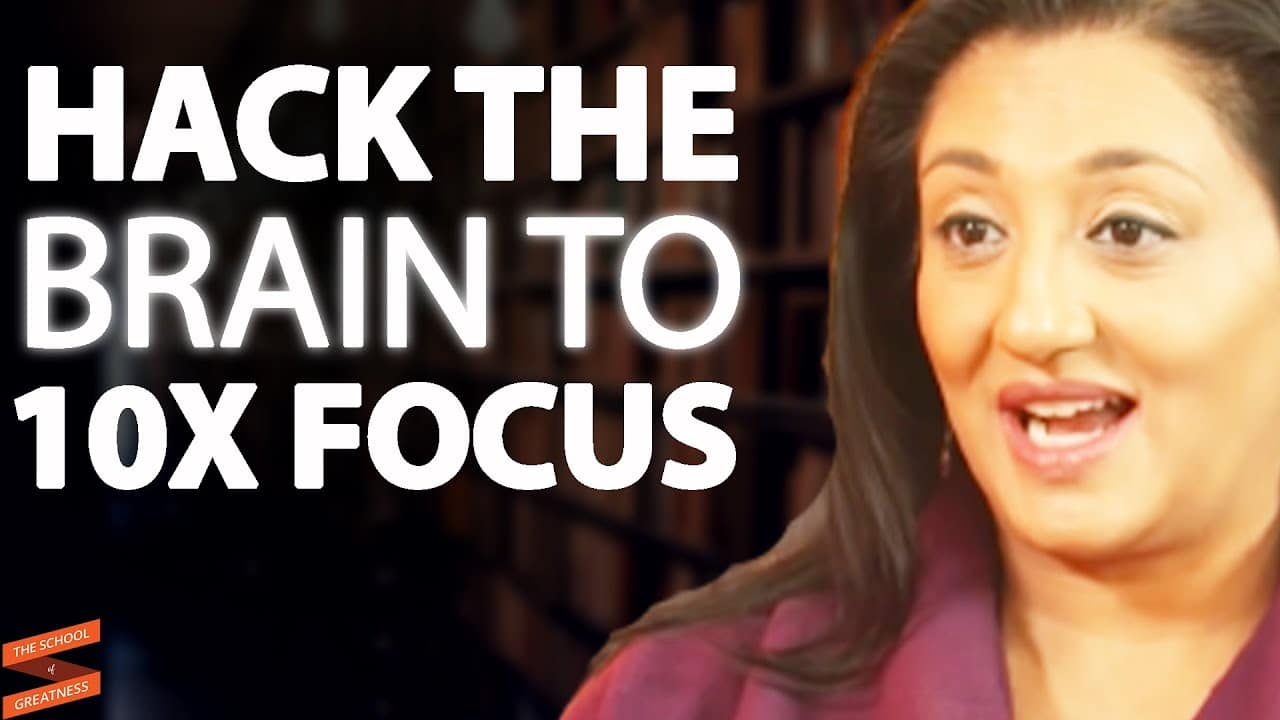Have you ever felt like you’re missing out on life? You have a long list of things you want to do, but you can’t focus on them. Your phone needs constant attention, your thoughts meander, and your attention seems to drift away at any moment. It’s frustrating. Well, you’re not alone. Research shows that we miss out on 50 percent of our lives because we are distracted.
The number 50 may sound arbitrary, but it has been studied in various ways, and the results are consistent. One study involved participants receiving text messages at random intervals asking where their attention was focused. The result? Half the time, participants’ attention was not on the present task but elsewhere. This number represents off-task thoughts and distractions, both internal and external.
But why does this happen? Is it a flaw in our design? Research suggests that it’s intentional. Our brain is wired to meander, both for survival and memory consolidation. We need to be able to move our attention around, respond to threats, and plan for the future. We also need to consolidate our experiences into memories, where thoughts are repeated. The more we replay a memory, the stronger and more consolidated it becomes.
So, why do we get distracted by our thoughts so easily? One reason may be because of our brain’s need to conserve energy. It takes more energy to focus on a task for a prolonged period than to let our minds wander. But there are also other factors, like our emotional state. Suppose we are in a negative state, such as a neighborhood of self-hatred or anger. In that case, our brain becomes recalibrated toward these emotions, making it even harder to focus on anything else.
The good news is that we can train our brains to focus and reduce distractions. It takes practice, but the benefits are worth it. When we are fully engaged in a task, we experience a state of flow where time seems to stand still, and we are completely immersed in the present moment. This flow state has countless benefits, from increased productivity to better mental health.
So, how can we improve our ability to focus and reduce distractions? Here are a few tips:
1. Practice mindfulness: Mindfulness is fully present at the moment, without judgment. When practicing mindfulness, we train our brain to focus on the present task, rather than letting our thoughts wander.
2. Take breaks: Our brains need rest too. Studies have shown that taking short breaks can improve focus and productivity. So, take a few minutes to stretch, take a walk, or do something that relaxes you.
3. Eliminate distractions: This may seem obvious, but removing any potential distractions is essential when you need to focus. Turn off notifications on your phone, close unnecessary tabs on your computer, and create a quiet workspace if possible.
4. Prioritize your goals: When you have a clear vision of what you want to achieve, it’s easier to prioritize your tasks and stay focused on your goals.
5. Practice self-compassion: We’re all human, and we all get distracted from time to time. Be kind to yourself when it happens, and don’t beat yourself up. Instead, refocus and start again.
In conclusion, distractions are a part of life, but they don’t have to control us. By understanding why our brains meander and implementing simple steps to improve focus, we can reclaim the 50 percent of our lives we’ve been missing out on. It takes practice, but the benefits are worth it. Remember, your attention is your life. Choose where you focus it wisely.
*****
*****
Summary of Transcript:
The video discusses the concept of distractibility and how we may miss out on 50% of our lives due to distractions. This is based on studies where people were texted during regular waking hours to see where their attention was focused, and half the time, they were not entirely focused on the task at hand. The brain’s tendency to wander has evolutionary benefits, such as helping us plan and reflect, but it also plays a role in memory creation and consolidation. The video also explores rumination and attentional rubber-necking, where certain mental content captures our attention.
*****
Summary of Description:
This content promotes Dr. Amishi Jha’s book, PEAK MIND, and her research on mindfulness and attention. The article states that mindfulness has become a buzzword in recent years, and Dr. Jha has spent the last 25 years researching the science of attention and mindfulness practices and their effectiveness. The article promotes an episode of The School of Greatness podcast featuring Dr. Jha and highlights how some of the world’s top performers have used mindfulness practices to achieve success. The article also includes links to Lewis Howes’ website, social media accounts, and newsletter.
*****
Source Description
https://lewishowes.com/gmyo – Get my NEW book, The Greatness Mindset, today!
https://lewishowes.com/greatnessdelivered – Sign up for my FREE newsletter & get inspiration from our world-class guests; learn how to improve your life!
https://lewishowes.com/greatnessdelivered – Sign up for my FREE newsletter & get inspiration from our world-class guests; learn how to improve your life!
Dr. Amishi Jha is a professor of psychology at the University of Miami. She is the Director of Contemplative Neuroscience for the Mindfulness Research and Practice Initiative, which she co-founded in 2010. She received her Ph.D. from the University of California–Davis and postdoctoral training at the Brain Imaging and Analysis Center at Duke University. Dr. Jha’s work has been featured at NATO, the World Economic Forum, and The Pentagon. She has received coverage in The New York Times, NPR, TIME, Forbes, and more. She is also the author of PEAK MIND.
Mindfulness has become a buzzword in the last decade, and many wonder, “Does it work?” Dr. Jha spent the last 25 years researching the science of attention through extensive work with elite sports teams, the US Military, medical professionals, and more to answer this question.
—
No matter how focused of a person you think you are, there’s always more to learn when overcoming distractions. In this episode, you’ll learn how some of the world’s top performers have used mindfulness practices to help them achieve success and how you can retrain your brain to do the same. And now, please join me for Episode 1,178 of The School of Greatness!
You can follow me at:
Website: http://lewishowes.com/
Facebook: https://www.facebook.com/lewishowes/
Twitter: https://twitter.com/LewisHowes
Instagram: https://www.instagram.com/lewishowes/
Tiktok: https://www.tiktok.com/@lewis
Linkedin: https://www.linkedin.com/in/lewishowes/

